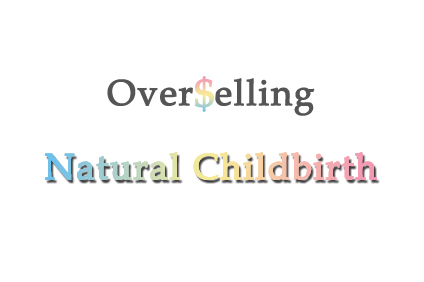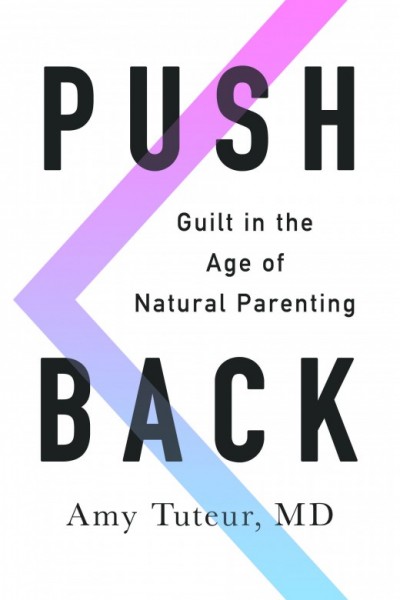Kudos to Courtney Jung for a fabulous NYTimes op-ed piece, Overselling Breastfeeding.
It’s not surprising that I love the piece. I’ve been saying exactly the same things for years.
According to Jung:
Oddly, the fervor of breast-feeding advocacy has ramped up even as medical research — published in The Journal of the American Medical Association, BMJ in Britain and The American Journal of Clinical Nutrition — has begun to report that the effects of breast-feeding are probably “modest.”…
Why so much pressure to moralize and promote breastfeeding? Because breastfeeding is an industry.
[pullquote align=”right” color=”” ]What could possibly be more lucrative for an industry than marketing its products as a moral imperative?[/pullquote]
…[T]he contemporary obsession with breast milk is also driven in part by big business — including the companies that manufacture breast pumps, the companies that make breast-milk-based nutritional supplements, and the companies that sell breast-feeding accessories. The A.C.A. regulation requiring insurance to cover the cost of breast pumps hands breast-pump manufacturers a substantial subsidy. Market analysts predicted that this regulation alone would expand the breast-pump market by more than 50 percent, to almost $1 billion a year in the United States alone, by 2020.
And that doesn’t even count the lactation consultant industry.
But breastfeeding is not the only thing being oversold for the benefit of the industry that profits from it. The philosophy of natural childbirth (vaginal birth without pain relief) is also being oversold and that industry is much larger and more lucrative. My book, Push Back: Guilt in the Age of Natural Parenting, available in early April 2016, encompasses not just the breastfeeding industry, but also the natural childbirth industry (and the attachment parenting industry).
The natural childbirth industry embraces midwives, doulas and childbirth educators. It includes books, movies and Hypnobirthing tapes. It is aggressively marketed by everything from blogs that sell ads to large lobbying organizations like The Childbirth Connection. And it represents billions of dollars in profits.
As Jung notes in regard to the breastfeeding industry, people often confuse “industry” for “corporations.” The same thing happens regarding the natural childbirth industry. True, midwives, doulas and childbirth educators don’t make millions of dollars each, but for many of them, natural childbirth represents 100% of their income. That’s in dramatic contrast to obstetrician-gynecologists who may derive the bulk of their income from gynecologic surgery and the majority of whose patients have no interest in the philosophy of natural childbirth. It’s hardly surprising then that the purveyors of natural childbirth services, books and products are very motivated to promote the philosophy.
Though natural childbirth is marketed as safer, healthier and superior to birth with technology, there’s no scientific evidence and there has never been any scientific evidence to support those claims. But when it comes to marketing brilliance, the natural childbirth industry is second to none. Indeed, their marketing tactics are so seductive that many people who would have no trouble recognizing conventional marketing are chastened and distressed when they realize they’ve fallen for the marketing tropes deployed by natural childbirth organizations, celebrity natural childbirth advocates and by the legions of lay women who have been taught to proselytize the beliefs of the faithful.
Jung doesn’t merely echo what I have been writing about the industry of breastfeeding, but she also advances the same claims that I have made about the roles of privilege and race in both the breastfeeding and natural childbirth industries (Breastfeeding: how privileged women make privileged choices normative and Managing the birthing body: how privileged women have made childbirth a project).
The effect of the moral fervor surrounding breast-feeding goes beyond mere shaming. It also reflects, and reinforces, the divisions of race and class that have long characterized American social life. Although 91 percent of women in the top income quintile breast-feed, 71 percent of those below the poverty line initiate breast-feeding. Whereas 81 percent of white women breast-feed, 62 percent of black women do. Breast-feeding is a lifestyle choice the majority now make, but it is more common among white middle- and upper-middle-class parents.
In other words, the breast-feeding imperative has elevated the parenting habits of that relatively privileged minority to a universal standard of good parenting…
The philosophy of natural childbirth rests even more firmly on privilege. Nothing denotes privilege more emphatically than ostentatiously refusing something that those less privileged wish to have. In a world where millions of women, past and present, desperately beg(ged) for pain relief in labor, there’s no better way to communicate the unbelievable wealth, ease and self absorption of modern American life than elevating the refusal of easily available pain relief in labor to an “achievement.”
Follow the money. Both breastfeeding and natural childbirth are industries. What could possibly be better, or more lucrative for an industry than (falsely) marketing its products and services as moral imperatives?



